Is it menopause or thyroid issues?
A small butterfly-shaped gland located just below the larynx, the thyroid plays a behind-the-scenes role in health. This is especially important for us ladies, as issues with this critical gland impact women eight times more often than men.
Starting in their mid-30s, many women feel tired and moody, put on pounds, have trouble sleeping, and often lose interest in sex. Indeed, these are common symptoms during perimenopause—but they’re also signs of a slowdown in thyroid activity, called hypothyroidism.
What most people don’t realize is that thyroid function is closely intertwined with the adrenal glands. When combined with a little body fat, the adrenals can make up for declining hormone output before and during the change.
By the time many of us enter our 40’s and beyond, our adrenals are in a state of burnout—often from the stresses of our 24/7 world. Adrenal burnout also contributes to blood sugar problems, weight gain, and diabetes. By the time we reach 60, half of all women may also have a sluggish thyroid.
Identifying the Issue
Many perimenopausal women exhibit symptoms of hypothyroidism even if their thyroid levels are normal. The late Dr. John Lee, who literally wrote the books on women’s hormones, theorized that too much estrogen and too little progesterone could be the cause. Boosting your progesterone levels through the use of natural progesterone cream often normalizes thyroid activity without any other treatment. The American Thyroid Association states that one in eight women will develop a thyroid disorder, and women are five to eight times more likely than men to develop thyroid problems. It is also estimated that thirty million Americans exhibit some type of thyroid disease. I suspect that number is higher—much higher. Too frequently the signs of a malfunctioning thyroid go unrecognized and ignored, as women assume their symptoms are just a normal part of getting older.
You probably already know that hypothyroidism can cause weight gain, cold hands and feet, and extreme tiredness. But thyroid conditions can cause a much wider array of seemingly unrelated symptoms that you perhaps never considered.
Mental
• Brain fog
• Dementia
• Depression
• Inability to concentrate
• Irritability
Physical
• Aching wrists, arms, and hands
• Constipation
• Decreased blood pressure
• Decreased libido
• Dry, scaly skin and brittle nails
• Fluid retention
• Hot flashes
• Increased cholesterol
• Infertility
• Insomnia
• Loss of appetite
• Menstrual irregularities
• Muscle stiffness, weakness and cramping
• Premature graying of hair and inappropriate growth
• Swelling around the eyes
Even subclinical levels of thyroid problems can have unwanted effects, such as increased risk for heart disease and Alzheimer’s.
Testing and Treatment
Thyroid issues typically go undiagnosed, particularly when a doctor relies solely on a standard test of TSH and T4 levels.
Why? The line between a normal and an underactive thyroid is very fine indeed. And many physicians are reluctant to order a complete thyroid panel, relying instead on a single TSH blood test to make their diagnosis.
So, how can you take treatment into your own hands, regardless of diagnosis? I recommend focusing on the following.
Iodine. Iodine deficiency is the most common cause of hypothyroidism. The connection between thyroid function and adequate iodine levels became clear decades ago. The thyroid gland depends on iodine to make its hormones. If your body lacks an adequate level of iodine, your thyroid gland can’t produce those all-important T3 and T4 hormones.
Bile. You may have never considered bile and what it does for your body, but the connection between hypothyroidism and bile is of serious importance. According to a study conducted at Tampere University Hospital in Finland, hypothyroidism may cause delays in the emptying of the biliary tract. Researchers at the same hospital found that hypothyroidism is seven times more likely in people who experience reduced bile flow.
Gluten. When it comes to the thyroid, the problem with gluten lies with the structure of its protein gliadin. A gluten intolerance causes the body to attack any gluten in the body. The molecular structure of gliadin so closely resembles that of thyroid tissue that when the body tries to attack gliadin, it attacks the thyroid too. That’s right, gluten literally turns the body against its own thyroid gland. Not only does gluten weaken the intestinal walls, increasing intestinal permeability, but it manipulates and damages the body that lives on the other side of those walls. You must give up gluten entirely. Cutting back on foods containing gluten and cheating just “once in a while” won’t cut it.
Stress. You simply must stress less—your health depends on it. Chronic stress and the high cortisol levels that come with it are another enemy of thyroid health. The thyroid is one of your chief hormone regulators, and stress is one of your chief hormone disruptors. In conjunction with stress reduction, I encourage you to explore supplements that nourish your adrenals in order to further support your thyroid. When your adrenal glands are well nourished, your thyroid will be supported too.
For even more information about supporting your thyroid and many other time-tested natural solutions for a peaceful perimenopause, preorder your copy of Before the Change—coming this September. Plus, all preorder purchases gain access to FREE bonus gifts. They include:
• Before the Change Companion Workbook
• Report: 3 Steps to Hormone Happiness
• 20% Discount on Natural Progesterone Crème
If you feel as if your body has betrayed you, I do hope you’ll allow me to guide you through the change before the change. Learn more here.
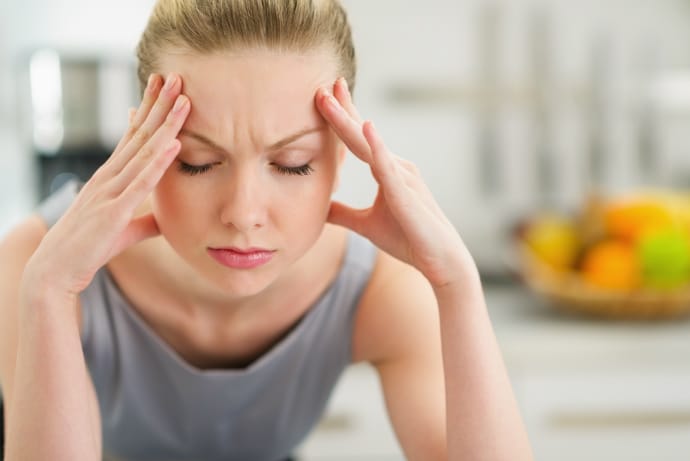



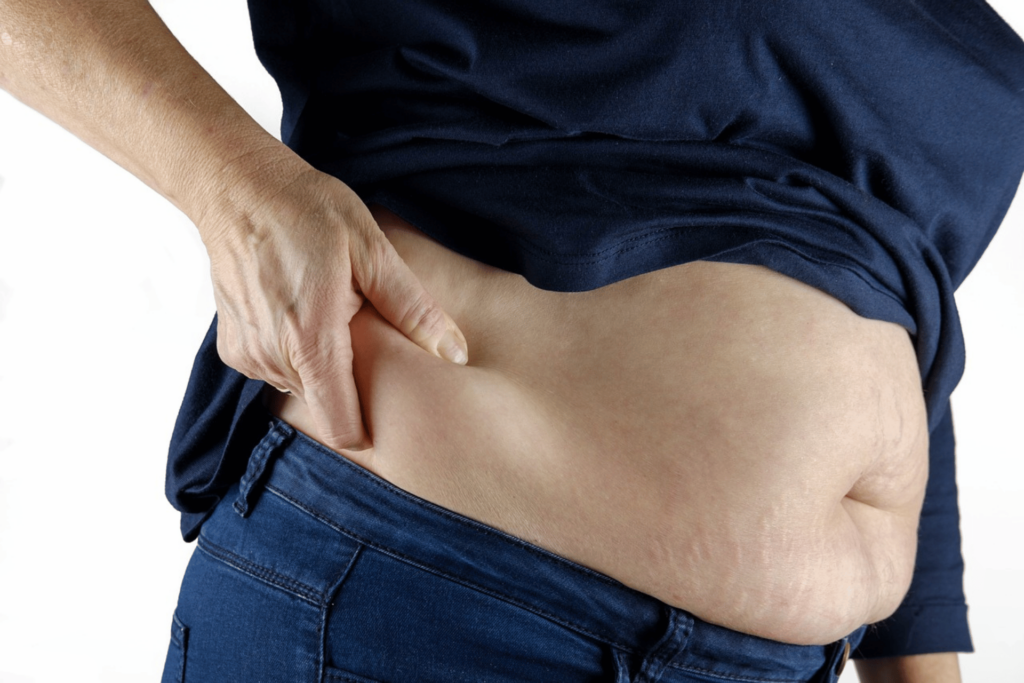




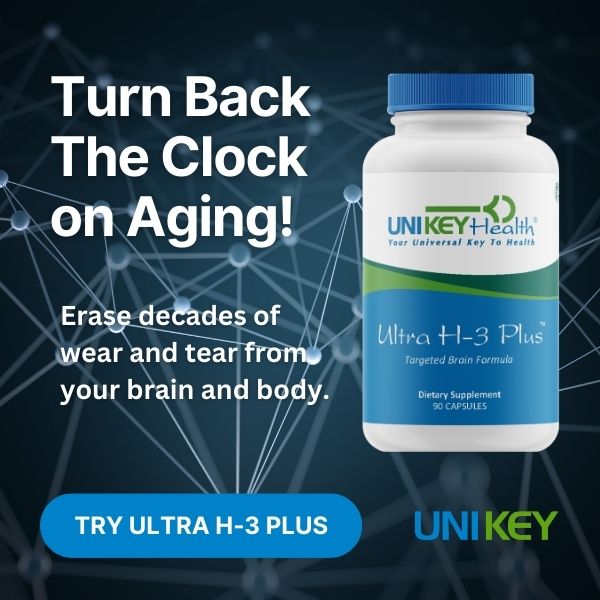

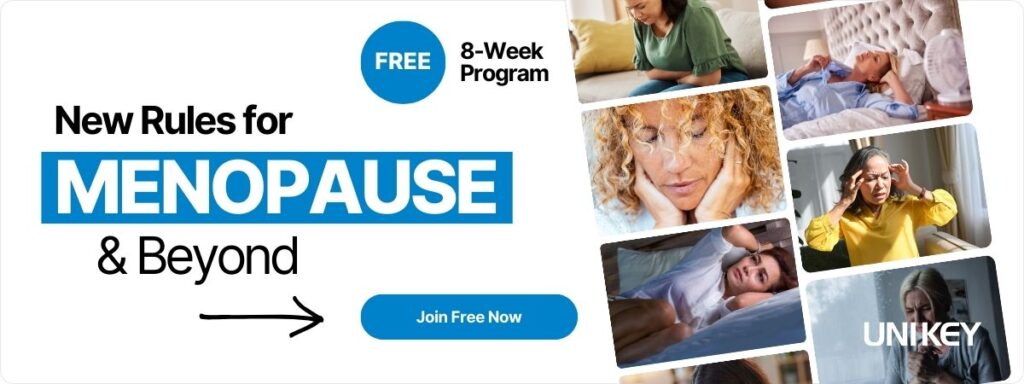
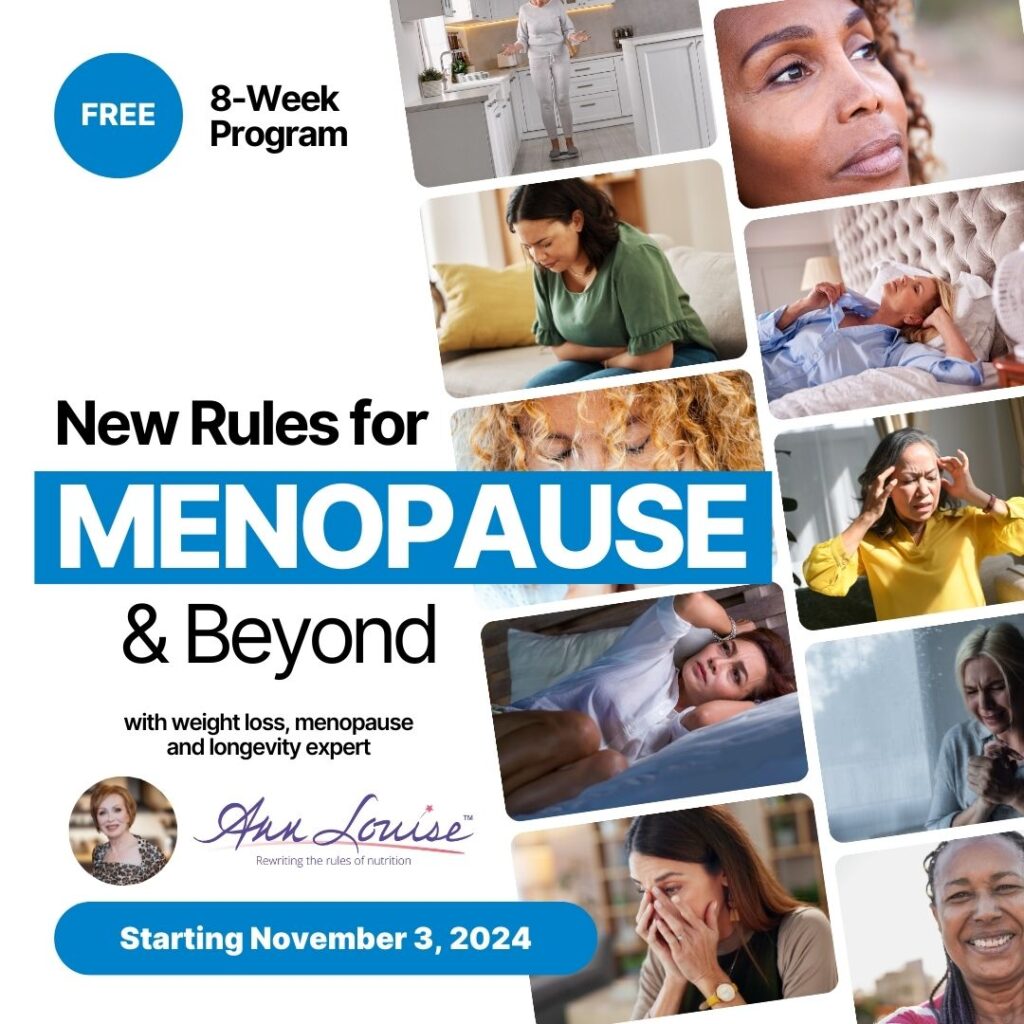
6 Responses
You talk about bile..I had my gallbladder removed..does this attribute to my thyroid issues?
Kathleen: Thanks for your post. Bile production has been found to impact the thyroid — as you will find out in Before the Change. Do check out Bile Builder on my site or http://www.unikeyhealth.com for bile support for those without a gallbladder.
I too had my GB removed and around that time my hair started falling out. I wasn’t dx’d with Hashimoto’s until nine years later though. I will read your article, thank you Ms Gittleman!
I am 52, workout regularly and eat well and feel well. I take a multivitamin, lugol’s iodine, magnesium, vit. D & C and eat unprocessed salt. I have gained some weight that I am having trouble getting off. Since I am entering menopause, what blood tests should I start with to determine if I should be taking other supplements like progesterone cream, DHEA, or pregnenolone? My goal is to stay healthy and feeling well as I am sure that my body is about to change. I just don’t know what tests to start with. I am looking forward to your new book
Sarah: Thank you for posting. I suggest a Salivary Hormone Test which Uni Key Health Systems offers. UNI KEY distributes my formulas and self-health test kits. You will receive a letter from me after your results come back from the lab with lifestyle and product recommendations. I think you will really like the new book, too.
i went on the FF for two months and one of those months I took Liver Loving along with the unikey FF supplements due to fatty liver. I went out of town and went off the diet so need to get back on. I’ve been off the diet for about 2 mos and did gain some weight back. BUT i was shocked with a recent blood test. In nov 2016 and spring 2016, my TSH levels were above high normal. Nov was higher than spring of 2016 with a Nov reading of 4.360. (according to the lab it should have been below 4.20. Last week, I had the TSH test again and it was 2.75 (according to that lab, it should be below 4.50). I was shocked! Thankfully my doctor did not put me on meds when it was high. And i learned from the FF forum that the thyroid is connected to the gut and liver. I am post menopausal but have been for many years Im not sure of this drastic drop but just shocked. I was not on the FF program long and still have a ton of weight to loose. My sister and mom have been on thyroid meds for over 30 yrs. I asked my doctor what to do and he said exercise cause its an organ and said supplements would not make a difference but I could try. I read the results online and see him tomorrow. But listen to Ann Louise!